Scholastique Mukasonga
 Born in Rwanda in 1956, Scholastique Mukasonga experienced from childhood the violence and humiliation of the ethnic conflicts that shook her country. In 1960, her family was displaced to the polluted and under-developed Bugesera district of Rwanda. Mukasonga was later forced to leave the school of social work in Butare and flee to Burundi. She settled in France in 1992, only 2 years before the brutal genocide of the Tutsi swept through Rwanda. In the aftermath, Mukasonga learned that 37 of her family members had been massacred. Twelve years later, Gallimard published her autobiographical account Inyenzi ou les Cafards (Cockroaches), which marked Mukasonga’s entry into literature. This was followed by the publication of La femme aux pieds nus (The Barefoot Woman) in 2008 and L’Iguifou (Igifu) in 2010, both widely praised. Her first novel, Our Lady Of The Nile, won the Ahamadou Kourouma prize and the Renaudot prize in 2012, as well as the Océans France Ô prize in 2013 and the French Voices Award in 2014; it was also shortlisted for the 2016 International Dublin Literary Award. In 2019, The Barefoot Woman was a finalist for the 2019 National Book Award for Translated Literature. In 2019, her novel Our Lady Of The Nile was adapted into a film by Atiq Rahimi. The film won the “Crystal Bear” at Berlinale 2020 and was part of the Official Selection for TIFF 2019.
Born in Rwanda in 1956, Scholastique Mukasonga experienced from childhood the violence and humiliation of the ethnic conflicts that shook her country. In 1960, her family was displaced to the polluted and under-developed Bugesera district of Rwanda. Mukasonga was later forced to leave the school of social work in Butare and flee to Burundi. She settled in France in 1992, only 2 years before the brutal genocide of the Tutsi swept through Rwanda. In the aftermath, Mukasonga learned that 37 of her family members had been massacred. Twelve years later, Gallimard published her autobiographical account Inyenzi ou les Cafards (Cockroaches), which marked Mukasonga’s entry into literature. This was followed by the publication of La femme aux pieds nus (The Barefoot Woman) in 2008 and L’Iguifou (Igifu) in 2010, both widely praised. Her first novel, Our Lady Of The Nile, won the Ahamadou Kourouma prize and the Renaudot prize in 2012, as well as the Océans France Ô prize in 2013 and the French Voices Award in 2014; it was also shortlisted for the 2016 International Dublin Literary Award. In 2019, The Barefoot Woman was a finalist for the 2019 National Book Award for Translated Literature. In 2019, her novel Our Lady Of The Nile was adapted into a film by Atiq Rahimi. The film won the “Crystal Bear” at Berlinale 2020 and was part of the Official Selection for TIFF 2019.
Showing all 7 results
-
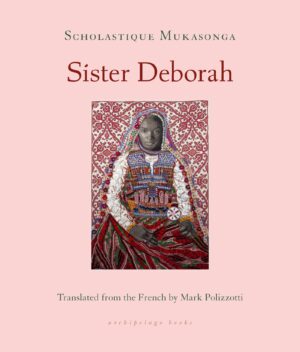
Sister Deborah
$19.00 Available on September 16, 2024.Pre-Order Now -
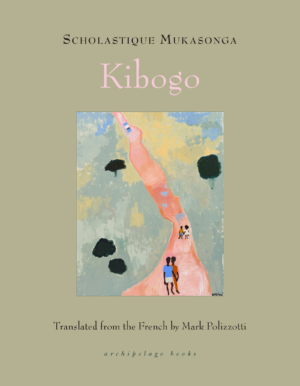
Kibogo
$12.99 – $18.00 Select options -
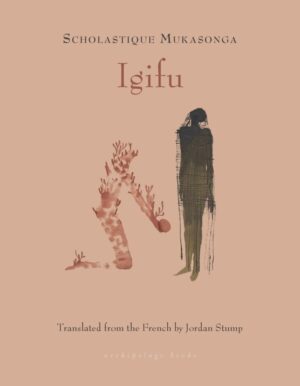
Igifu
$13.00 – $18.00 Select options -
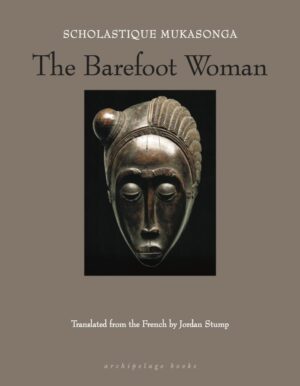
The Barefoot Woman
$14.00 – $16.00 Select options -
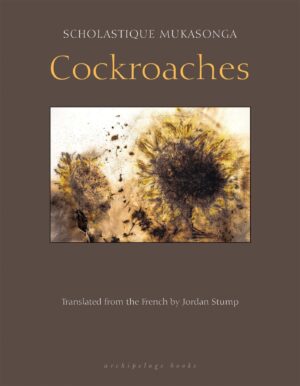
Cockroaches
$9.99 – $16.00 Select options -
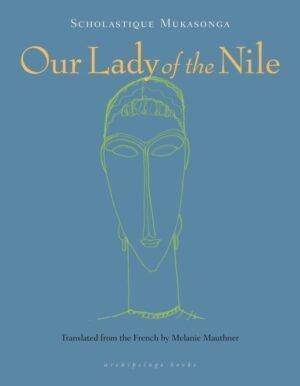
Our Lady of the Nile
$9.99 – $18.00 Select options -
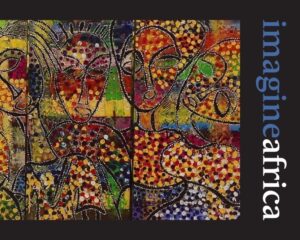
Imagine Africa: Volume Two
$9.99 – $18.00 Select options
Showing all 7 results
